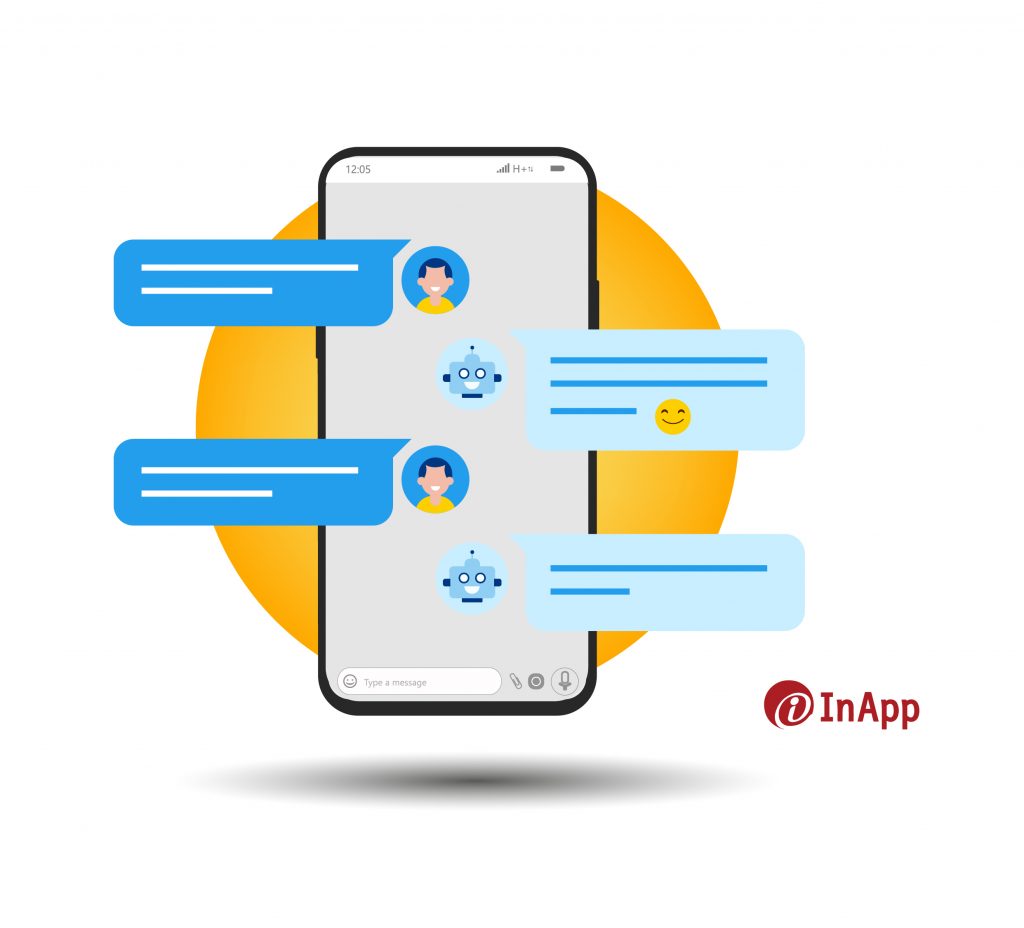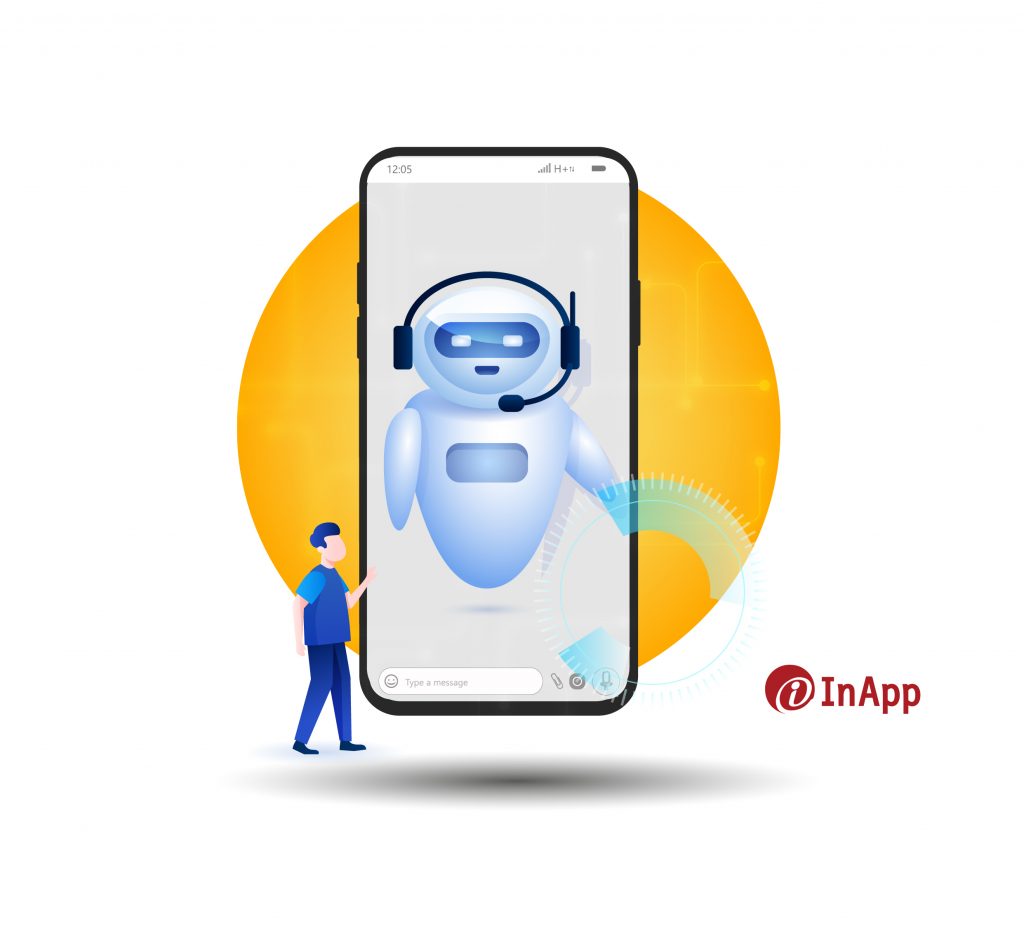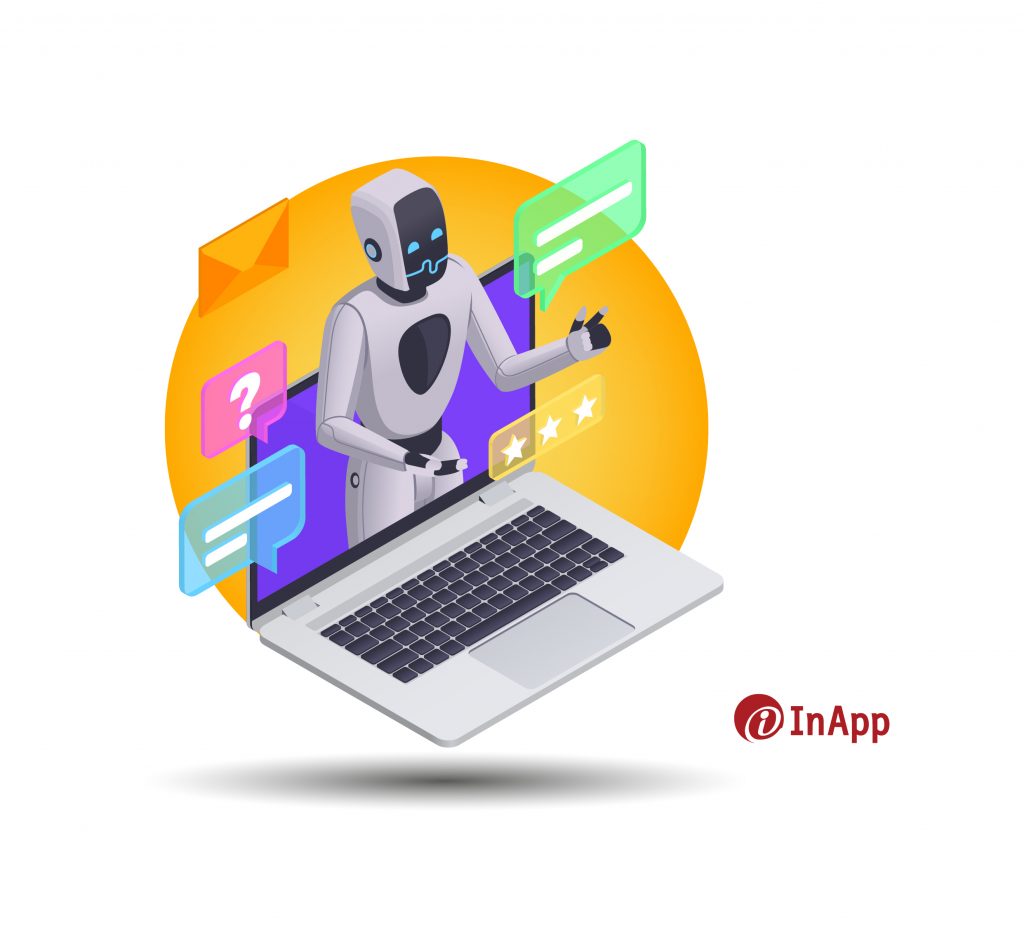In today’s fast-paced digital landscape, businesses are constantly seeking innovative ways to enhance customer experiences and streamline support processes. Artificial Intelligence (AI) powered technologies, such as chatbots, conversational AI, and virtual assistants, have emerged as game-changers in the realm of customer service.
In this article, we will delve into how these intelligent systems are reshaping the customer service landscape and revolutionizing the way businesses interact with their customers. We will explore the benefits of leveraging chatbots that provide instant responses and reduce customer waiting times. Additionally, we will examine how conversational AI and virtual assistants are taking customer interactions to new heights with their ability to understand natural language and deliver personalized experiences.
Join us as we uncover the immense potential of AI in transforming customer service and driving customer satisfaction to unprecedented levels.
Chatbots, Conversational AI, and Virtual Assistants Demystified
While the terms chatbots, conversational AI, and virtual assistants are often used interchangeably, they refer to distinct concepts within the realm of AI and customer service.
Chatbots are computer programs designed to simulate human-like conversations with users. They utilize predefined rules or machine learning algorithms to process user inputs and provide relevant responses. Chatbots can be deployed across various platforms, such as websites, messaging apps, or voice interfaces, and are typically used to handle common customer inquiries, provide basic information, or assist with simple tasks.

Conversational AI, on the other hand, represents a broader concept. It encompasses technologies and systems that enable more natural and human-like interactions between humans and machines. Conversational AI utilizes natural language processing (NLP) techniques to understand and interpret user inputs, enabling fluid and context-aware conversations. Unlike chatbots, conversational AI systems can comprehend complex queries, engage in multi-turn dialogues, and provide more sophisticated responses.

Virtual assistants are a specific application of conversational AI. They are AI-powered entities designed to assist users with various tasks and provide personalized experiences. Virtual assistants can understand and respond to natural language inputs, perform tasks, retrieve information from databases, and even integrate with other systems or devices. They often have a human-like persona and are capable of learning and adapting over time to better serve user needs.

In summary, while chatbots focus on simulating conversational interactions, conversational AI encompasses a broader range of technologies that enable more natural and context-aware conversations. Virtual assistants, as a subset of conversational AI, are advanced AI entities that provide personalized assistance to users. Understanding the distinctions among these terms helps us appreciate the different capabilities and potential use cases for each of these AI-driven solutions in transforming customer service.
Limitations of Traditional Customer Support Methods
Traditional customer support methods have long been the standard approach for businesses to address customer inquiries and resolve issues. However, these methods have inherent limitations that can impact customer satisfaction and hinder the overall customer support experience.
Availability of Support Agents
One major limitation is the availability of support agents. Traditional customer support often operates within specific working hours, leaving customers without assistance outside those time frames. This limited availability can lead to delayed responses and frustrate customers who require immediate support. Additionally, relying solely on human agents can result in long wait times during peak periods, leaving customers feeling ignored and dissatisfied.
Chances of Human Error
Another limitation is the potential for human error. Support agents are susceptible to making mistakes, which can lead to misinformation or incomplete resolutions. Miscommunication or misunderstanding of customer issues may arise, resulting in a poor customer experience. Additionally, agents may vary in their level of expertise, leading to inconsistent support quality.
Lack of Scalability
Traditional customer support methods also struggle with scalability. As businesses grow and face increasing customer volumes, it becomes challenging to maintain the same level of support quality and response times. Hiring and training additional support agents can be time-consuming and costly. As a result, customers may experience extended wait times or receive subpar support.
Lack of Personalization
Moreover, traditional methods often lack personalization. Support agents may have limited access to customer history and preferences, making it difficult to provide tailored assistance. Without a comprehensive understanding of the customer’s background, agents may not address specific needs or offer relevant recommendations, resulting in a generic and impersonal support experience.
To overcome these limitations and provide an enhanced customer support experience, businesses are increasingly turning to AI-driven technologies such as chatbots, conversational AI, and virtual assistants, which offer solutions to these longstanding challenges in customer support.
Advantages of AI-Powered Customer Service Solutions
AI-powered customer service solutions offer numerous advantages that significantly enhance the customer experience and streamline support processes. Here are several key advantages of leveraging AI in customer service:
24/7 Availability
AI-powered solutions, such as chatbots and virtual assistants, can operate round-the-clock, providing instant support to customers at any time. Unlike traditional support methods with limited working hours, AI-powered systems ensure customers can access assistance whenever they need it, thereby improving response times and overall customer satisfaction.
Instant and Efficient Responses
AI-powered chatbots and virtual assistants can handle a high volume of customer inquiries simultaneously, providing instant responses and reducing customer waiting times. These systems can quickly retrieve information, answer frequently asked questions, and assist with simple tasks, which enables faster issue resolution and a more efficient support process.
Scalability
AI-powered customer service solutions are highly scalable and capable of handling an increasing number of customer interactions without compromising performance. Unlike traditional support methods that require hiring and training additional agents to accommodate growth, AI systems can effortlessly scale to meet demand, which ensures consistent support quality and response times.
Personalization
AI technologies enable personalized customer interactions by leveraging data analytics and machine learning algorithms. AI-powered systems can analyze customer data — such as past interactions, purchase history, and preferences — to deliver tailored experiences. Personalization enhances customer satisfaction as customers receive relevant recommendations, customized solutions, and a more personalized support experience.
Improved Efficiency and Cost Effectiveness
By automating routine and repetitive tasks, AI-powered solutions free up human agents’ time, allowing them to focus on more complex customer inquiries. That improves overall efficiency and productivity within the customer service team. Additionally, AI-powered systems can handle a large volume of inquiries without requiring additional staff, resulting in cost savings for businesses.
Multichannel Support
AI-powered customer service solutions seamlessly integrate with multiple channels, including websites, messaging apps, social media platforms, and voice assistants. These integrations ensure a consistent and cohesive support experience across various touchpoints, enabling customers to choose their preferred communication channel and receive support effortlessly.
Continuous Learning and Improvement
AI technologies enable continuous learning and improvement over time. Chatbots and virtual assistants can learn from each customer interaction, analyze feedback, and adapt their responses to provide more accurate and relevant assistance. As these systems learn from past interactions, they become increasingly capable of delivering better support outcomes.
Data Insights and Analytics
AI-powered customer service solutions generate vast amounts of data from customer interactions. This data can be leveraged to gain valuable insights into customer behavior, preferences, and pain points. By analyzing this data, businesses can identify trends, make data-driven decisions, and improve their products, services, and support processes.
Challenges in Implementing AI-powered Customer Service Solutions
While AI-powered customer service solutions hold great promise, their implementation is not without challenges. Let’s explore some of the key hurdles that organizations face when deploying AI in their customer service strategies.
Data Quality and Availability: AI algorithms require large amounts of high-quality data to function effectively. Obtaining and preparing accurate and relevant data can be a complex task. Organizations must ensure that their data is clean, well-structured, and representative of the customer base to train AI models that deliver reliable and accurate customer service interactions.
Integration with Legacy Systems: Many businesses operate with legacy systems and infrastructure that were not designed with AI integration in mind. Retrofitting AI into existing systems can be challenging and may require significant modifications or upgrades to ensure seamless integration. The lack of compatibility between AI solutions and legacy systems can result in data silos and operational inefficiencies.
Ethical and Regulatory Considerations: AI-powered customer service solutions must adhere to ethical guidelines and regulatory requirements to protect customer privacy and prevent biases. Organizations must address issues related to data privacy, consent, transparency, and algorithmic biases. While compliance is essential, ethical standards and laws such as the General Data Protection Regulation (GDPR) can present complex challenges.
User Acceptance and Trust: Deploying AI in customer service involves a shift in the customer experience paradigm. Some customers may be hesitant to interact with AI-powered systems, preferring human agents for assistance. Building trust in AI solutions requires clear communication, transparency about the limitations and capabilities of the technology, and offering seamless transitions between AI and human agents when necessary.
Continuous Learning and Adaptation: AI algorithms need continuous training and improvement to stay relevant and effective. Customer behavior, preferences, and industry trends evolve over time, requiring organizations to regularly update their AI models. Developing mechanisms for ongoing learning, monitoring, and feedback loops are crucial to ensure AI-powered customer service solutions can adapt to changing customer needs.
Implementing AI-powered customer service solutions presents numerous opportunities for businesses to provide personalized and efficient customer experiences. However, addressing challenges related to data quality, integration, ethics, user acceptance, and continuous learning is vital for successful deployment. By overcoming these hurdles, organizations can unlock the full potential of AI and deliver superior customer service that drives customer satisfaction, loyalty, and business growth.
